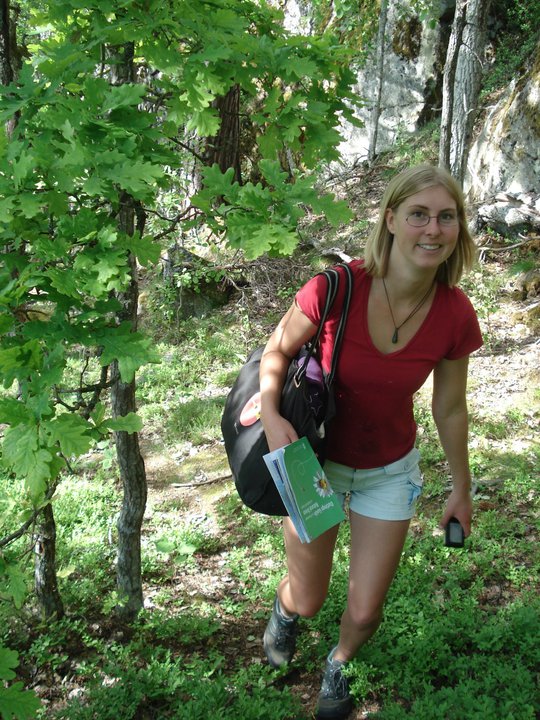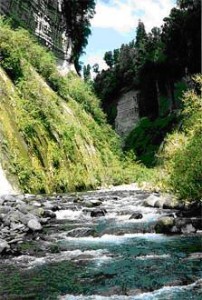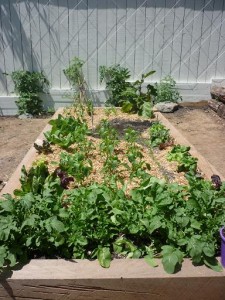Bella Burgess is 24 years old, born and raised in her home city of Auckland, in New Zealand. She recently graduated with an Honors degree in Art History and a Bachelor of Laws. She represented Auckland in New Zealand’s National Environmental Youth Forum in 2003 and travelled to Costa Rica in 2005 to participate in environmental volunteer work protecting the leatherback sea turtle.
Bella talks with Green City Challenge about growing up green and climbing trees in her native New Zealand.

What does “living green” mean to you?
“It means living with the environment in a partnership that is as symbiotic as possible, thinking about the effects my actions have on the world around me and attempting to give back to the environment I live in.”
Bella’s actions reflect her environmental sensitivity – such as following a vegetarian diet and rarely driving. The Burgess family recently started their own vegetable garden and she has been “composting and recycling for as a long as [she] could remember.” At home, they actively discuss environmental issues. In elementary school, she and fellow classmates would plant native species, go bird-watching with their principal, and freely climb trees – which Bella believes helped her develop “an environmental-consciousness that didn’t hold the environment at arms length, it was something we lived with and appreciated every day.”

As for her fellow Kiwis, they take pride in their country’s nature. New Zealand doesn’t use any nuclear energy and people recently protested against proposals to mine the national parks. Not to say that they entirely lack apathy, according to Bella: “I think many people think that [a pristine New Zealand] is a status quo that will remain with no effort, not that it requires active protection.” The country is rather small (total population of 4 million) and only subject to recent colonization, allowing most of the natural environment to remain untouched.
However, from Bella’s personal experience, recycling is a relatively new trend and composting isn’t a regular household practice in general. “Most New Zealanders have some level of environmental consciousness,” she says, “but not to a particularly high extent.” In addition, exclusively buying local goods poses some difficulty, “as New Zealand is dependent on imports for many things.” The New Zealand economy itself depends partly on exports but Bella tells us that “many of these (including our best kiwifruit and lamb) get shipped off overseas without ever making it to the shops here”.

In the future, Bella “would like to be a role model for other people, to show them by my own example that green living is not just easy but thoroughly rewarding!” Bella’s life provides guidance for balancing environmentally-conscious behavior with cultural realities. Undeterred by inadequate public transport and a plethora of imports, Bella learned how to care for and live with the environment at a very young age, both at home and in school. She shows us that it takes some persistent effort to live green – but it is ultimately fulfilling.

